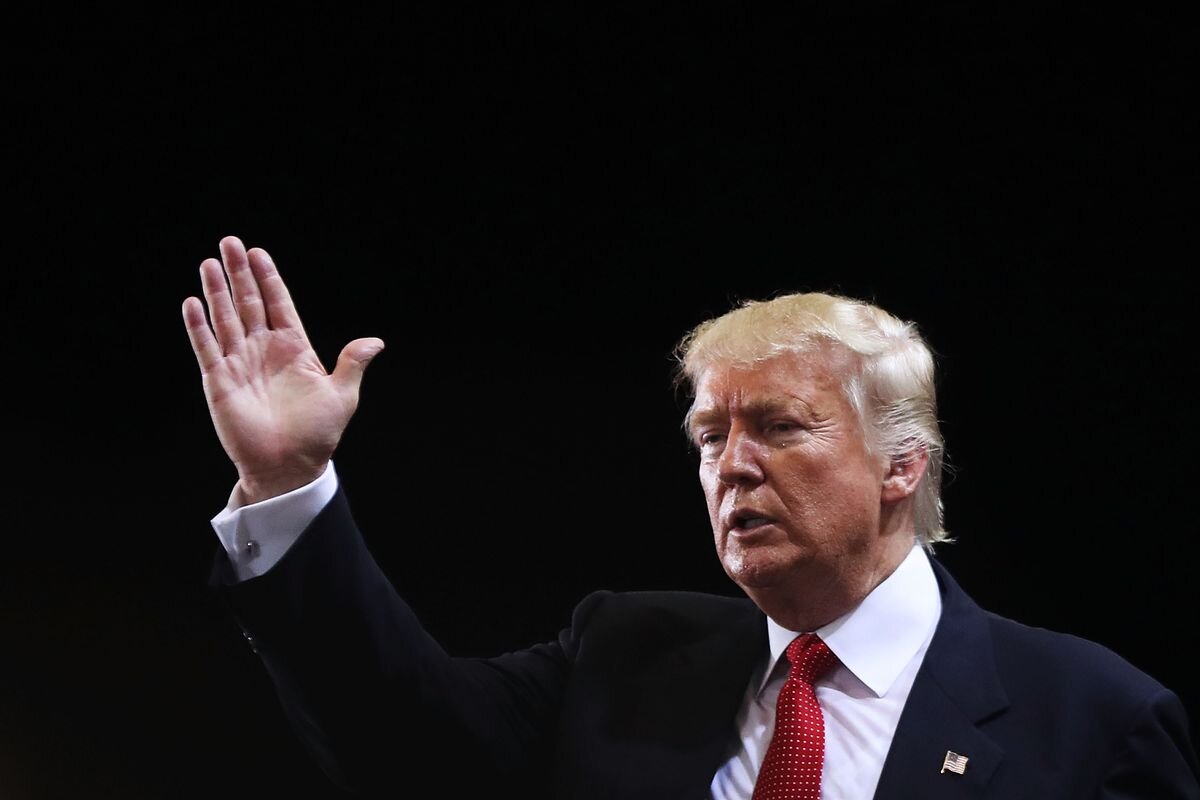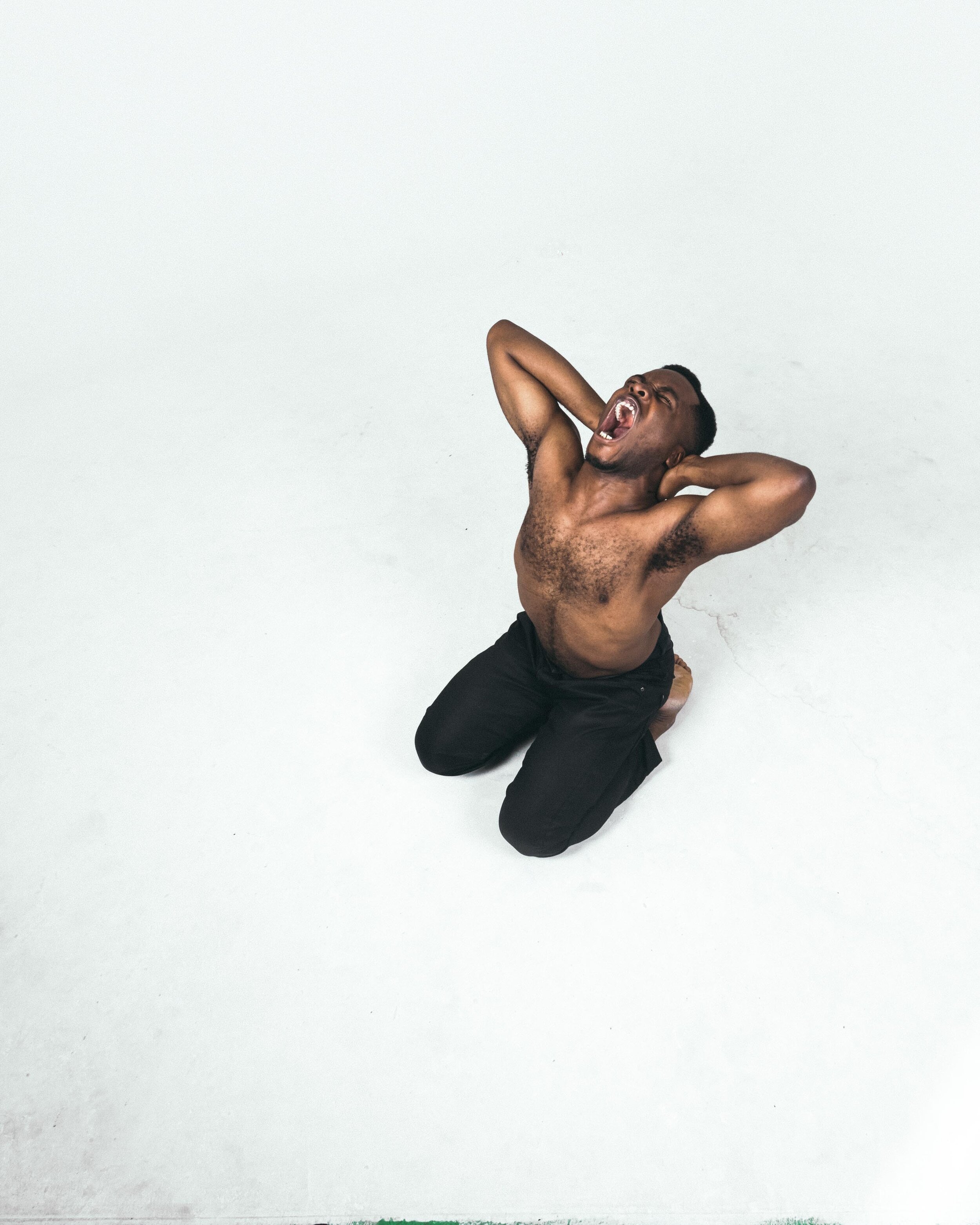Immigrants, Independence Day, and Racism
I walked through a sea of faces from every tribe, every tongue, every nation, all smiling wide from ear to ear. They were dressed in suits and turbans, in hijab’s, and sari’s, adorned in beautiful and brilliant colors to match the celebration of the day.
They stood in circles, smiling, lost in the joyous conversations of their native tongue while their children, playing and laughing, danced around them. Families walked hand-in-hand, swinging their arms with what seemed to be a newfound air of lightness. With their heads held high, exuding pride, families posed for pictures; two, three, even four generations on hand for this momentous occasion that could very well change their family’s destiny. As their smiles grew even larger than before, they clutched their certificates, and with a new and bright hope for a different future, they lovingly pulled their children close in a beautiful embrace. I felt as if I experienced a brief glimpse of what heaven might be like.
These refugees and former asylum seekers, immigrants, foreigners, “others”: after a long and grueling process of bureaucratic paperwork, filings and deadlines, civics and language tests, all stood together in the shadow of the American flag on July 4th and swore an oath of allegiance to this country and became her citizens, her standard bearers… fully and truly American.
“American.” There is nothing that can be done to take this achievement away, and yet somehow it’s a realization that they will never fully experience. Because of an accent, because of the pronunciation of certain words, because of a lack of pop-social history, being “fully and truly American” is something they will never truly experience: they will always remain a “they”, an “other” in a somewhat exilic existence—always American and yet known as something altogether other.
Comedian and Daily Show correspondent Hasan Minhaj, in his comedy special Homecoming King, shared his own experiences of “othering” as he weaved together his own stories to illuminate the lived tension of being American and yet something altogether other. Born in America, he highlighted his experience as a member of an immigrant family from India and the othering he experienced on the regular growing up in California. Both laugh out loud funny and punch in the gut painful, Hasan brings to the forefront just how far we still have to go as a people–a white, American people.
And sure, for some of us it is easy to write off a Daily Show correspondent, or a comedian and say ‘that’s anecdotal’ it’s not the norm… except it is–are you listening?. I have spent a lot of time listening to the stories and experiences of people who are citizens of this country–whether naturalized or natural born–tell similar stories. Friends of mine who of Indian descent (like Hasan) have been treated differently, profiled as terrorists at worst or non-American at best (is that really the best case scenario?). Or friends children who were born in this country, yet are of hispanic origin, told by people at the mall to “go back where you came from before you breed!” or “we only speak english in this country!”–even though they are being raised in homes with two languages (a benefit, not a curse!)
I have written on race here in the space a time or two–in fact, this is what my dissertation dives into–even sharing about my short-lived lobbying career for immigration reform. Mainly these writings have been about the white-black divide (I put white first in this dichotomy because we have historically been, and currently are the aggressor) and the consequences of slavery. While this has been the main thrust and focus–this was, according to founding Father James Madison (and still is) America’s “original sin” (of which we still have not yet repented)–let us not negate the fact that this is a much larger issue. Our racist proclivity, as a white, American people must change not only individually but structurally speaking. We must open our eyes not only to what we have done, but what we are still doing today. Denial is no longer an option. It is past time for us to pay attention, especially as Christians.
You see, I have this terrible feeling in the pit of my gut–hence one of the reasons why I write so often about race–that many white, American Christians will stand on the outside of the gates of heaven looking in to see a sea of faces from every tribe, every tongue, every nation only to feel uncomfortable and unwelcome at best, and at worst turn and walk away saying, “that’s not my heaven.” And while we may argue against this, saying “but I support missionaries in the Dominican or in India or in Kenya, I want to see every tribe and tongue and nation in heaven” our lived reality in our churches and our Facebook rants and Twitter posts reveal a different posture altogether. We are no better–in fact, in many instances much worse than the culture around us.
C.S. Lewis, in his book “Till We Have Faces” wrote, “No man can be an exile if he remembers that all the world is one city.” We must remember this, and turn it on its head to understand that ‘no one is an exile because all the world is one city’ (check Revelation 21). May we, white America, stop our exilic tendencies and begin to recognize and realize that this is what heaven looks like, and our role is to work towards and pray that “Thy Kingdom come… on earth as it is in heaven.”










A reflection on the Capitol Insurrection of January 6, 2021 that was delivered for United Church. It was written as a diagnosis of what plagues the white Evangelical Church and a prescription for healing and change.